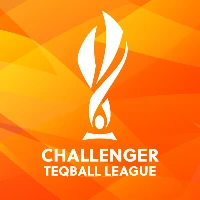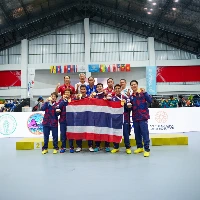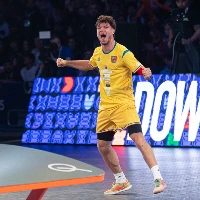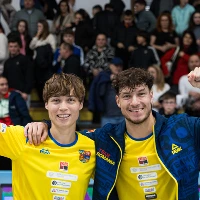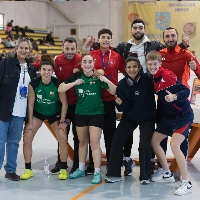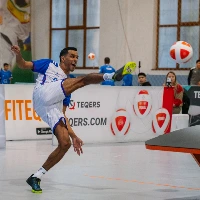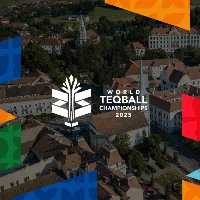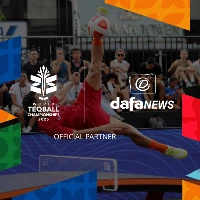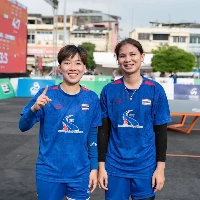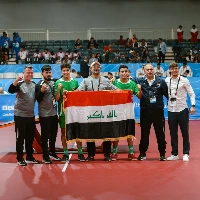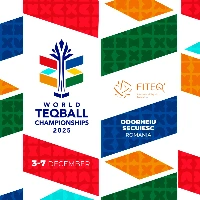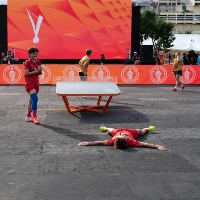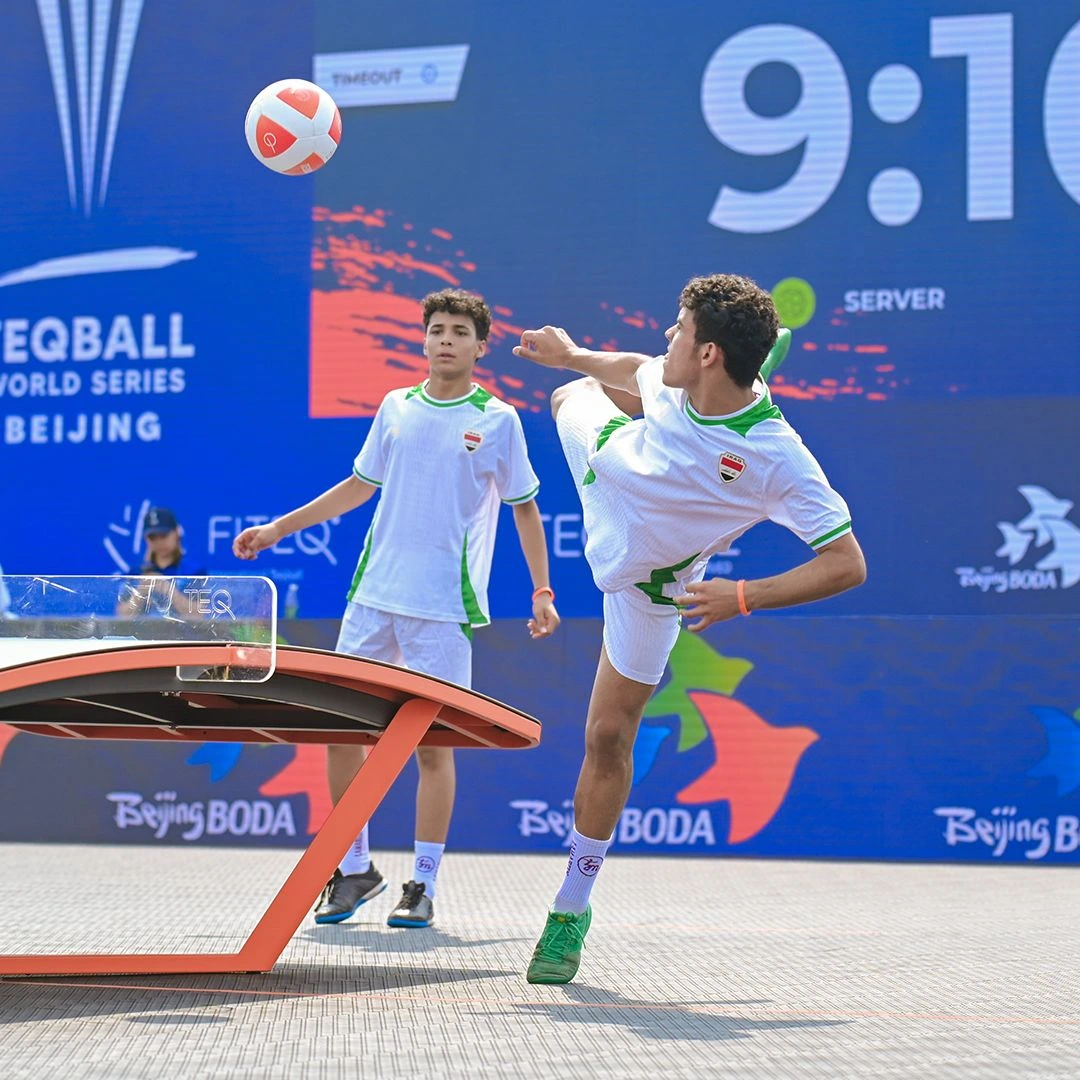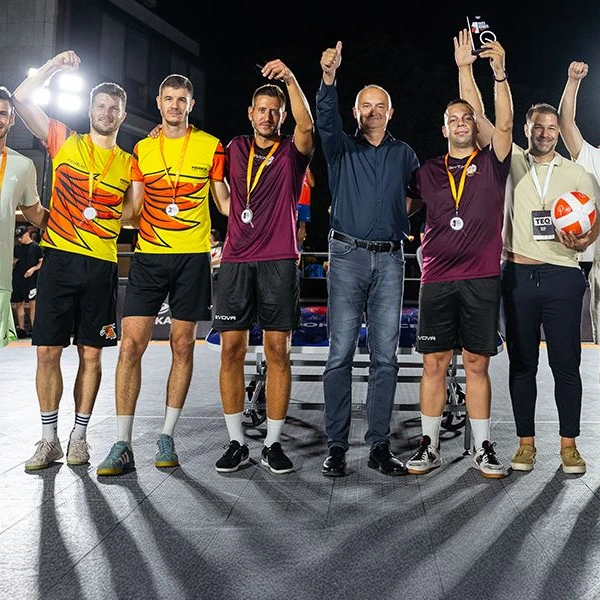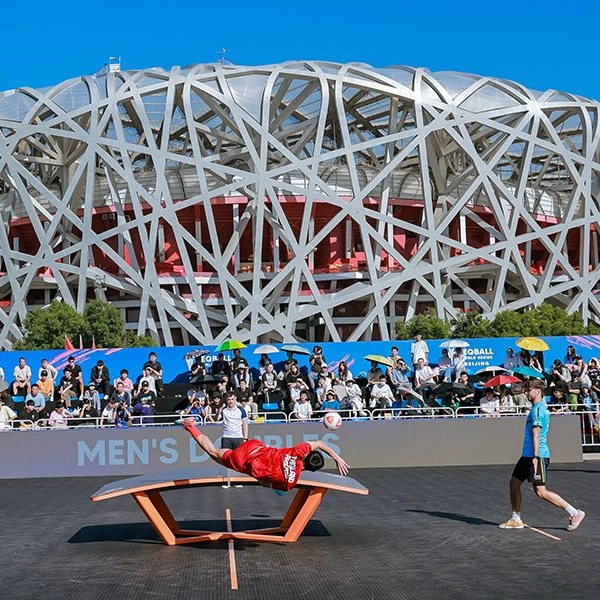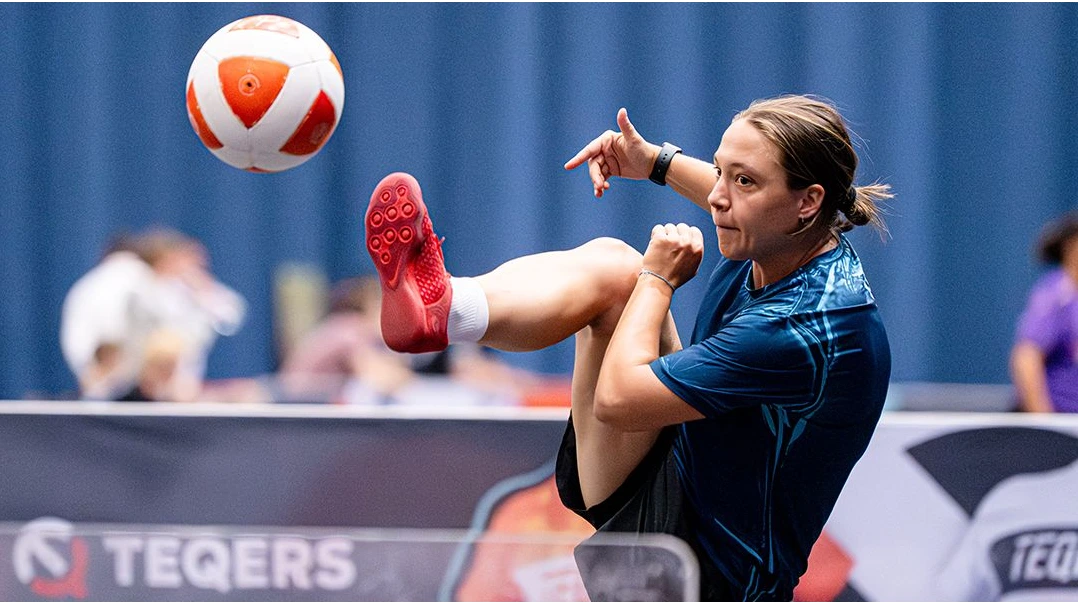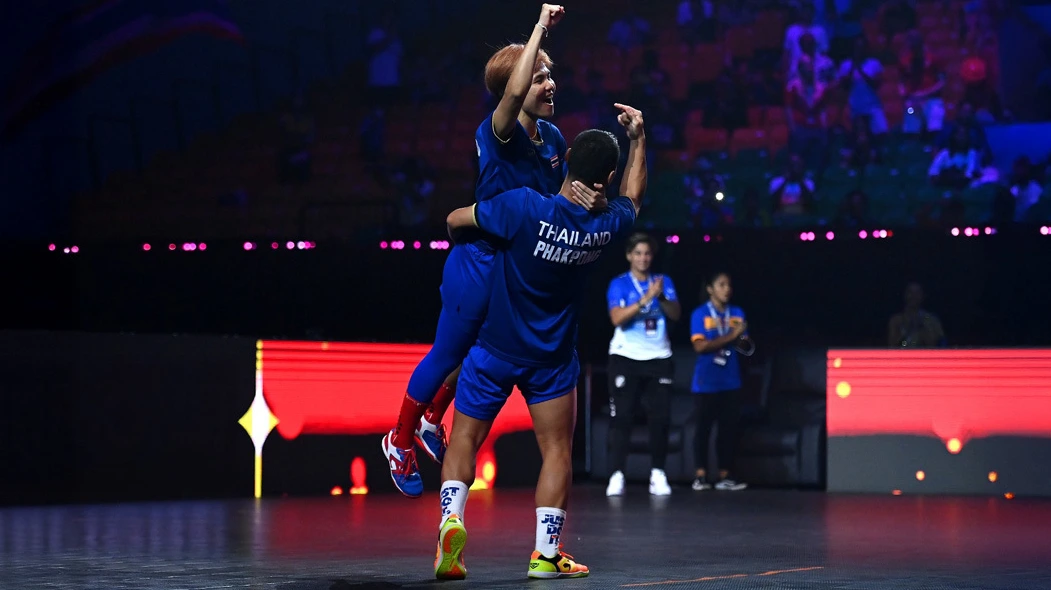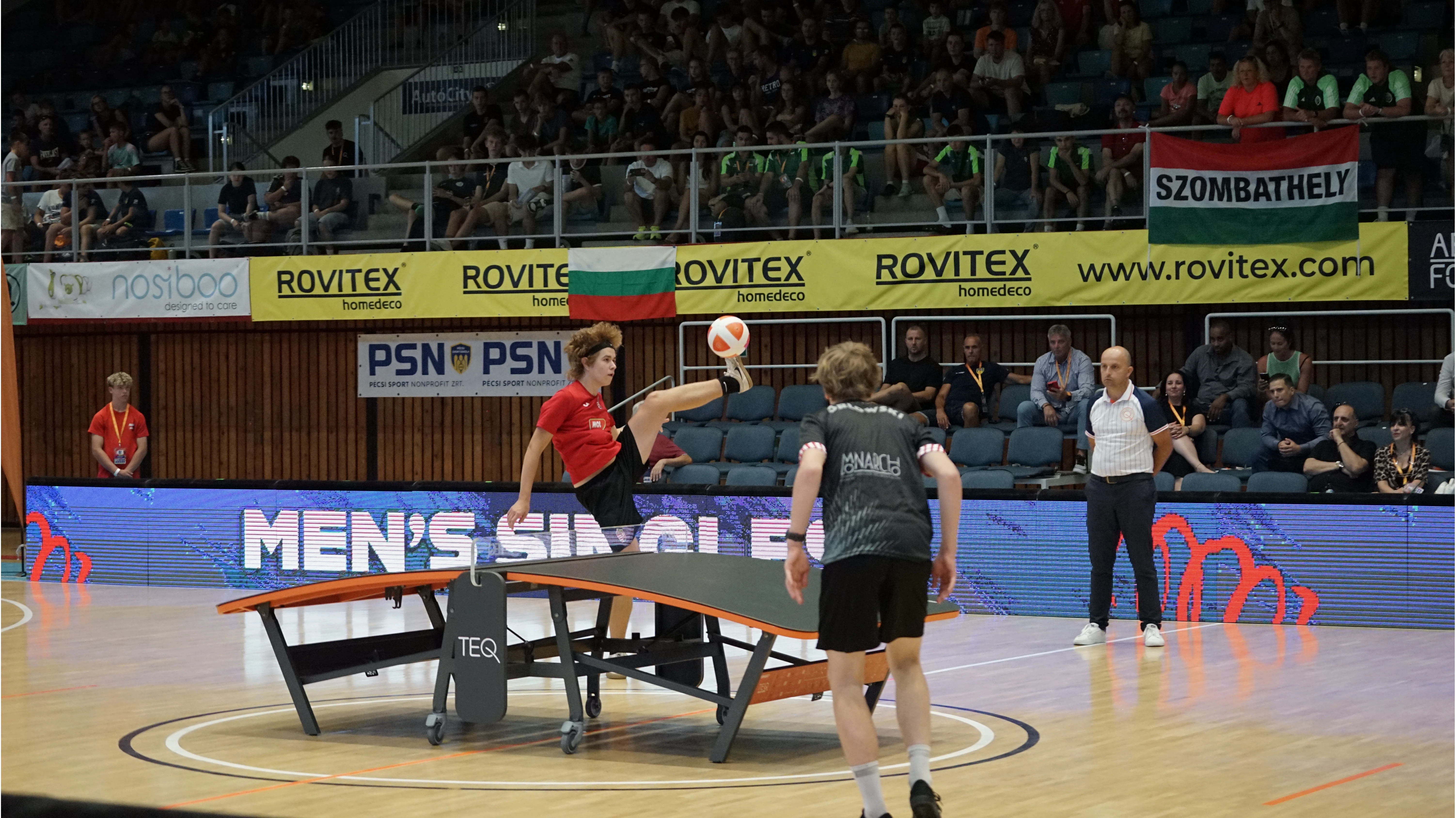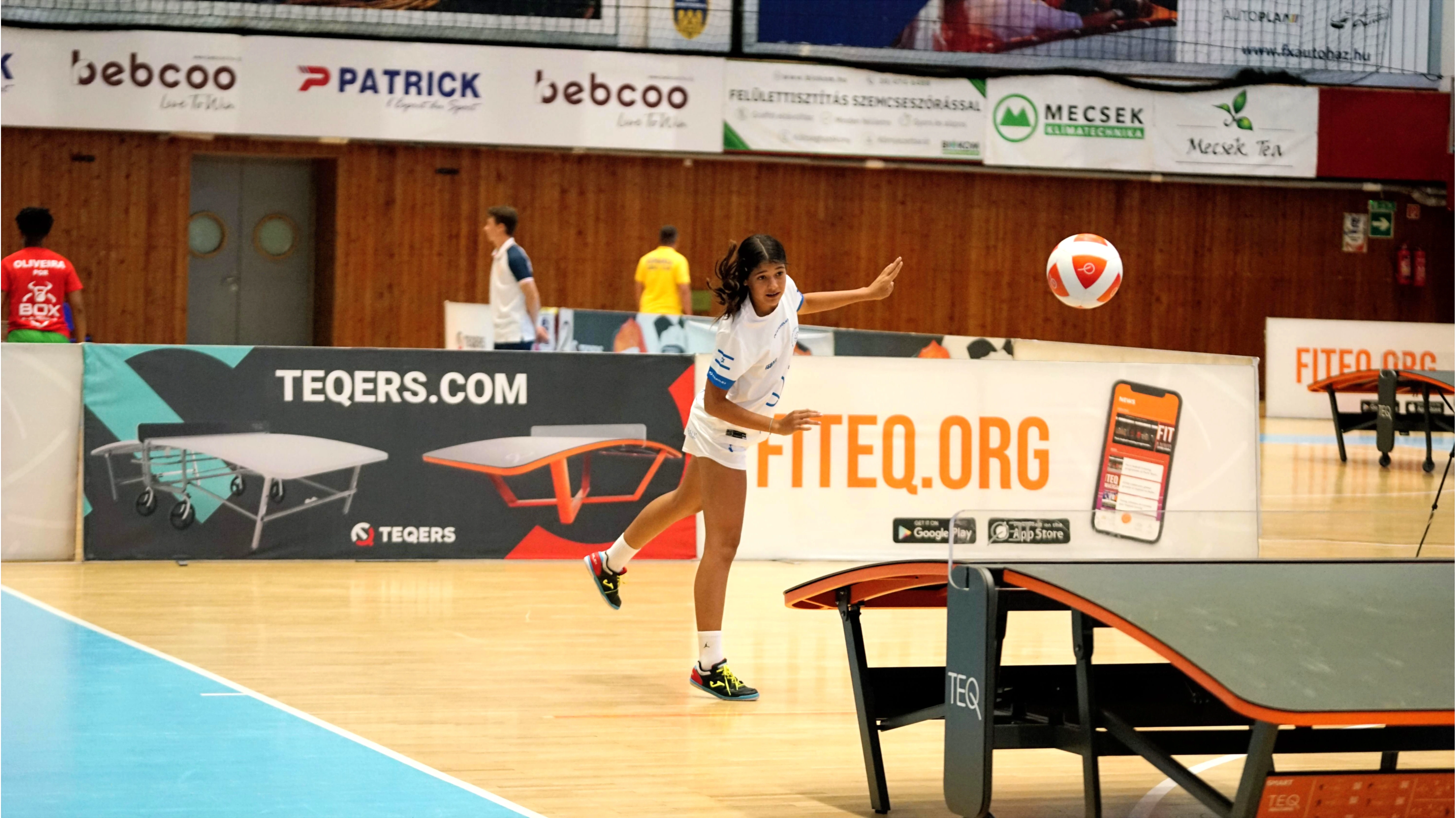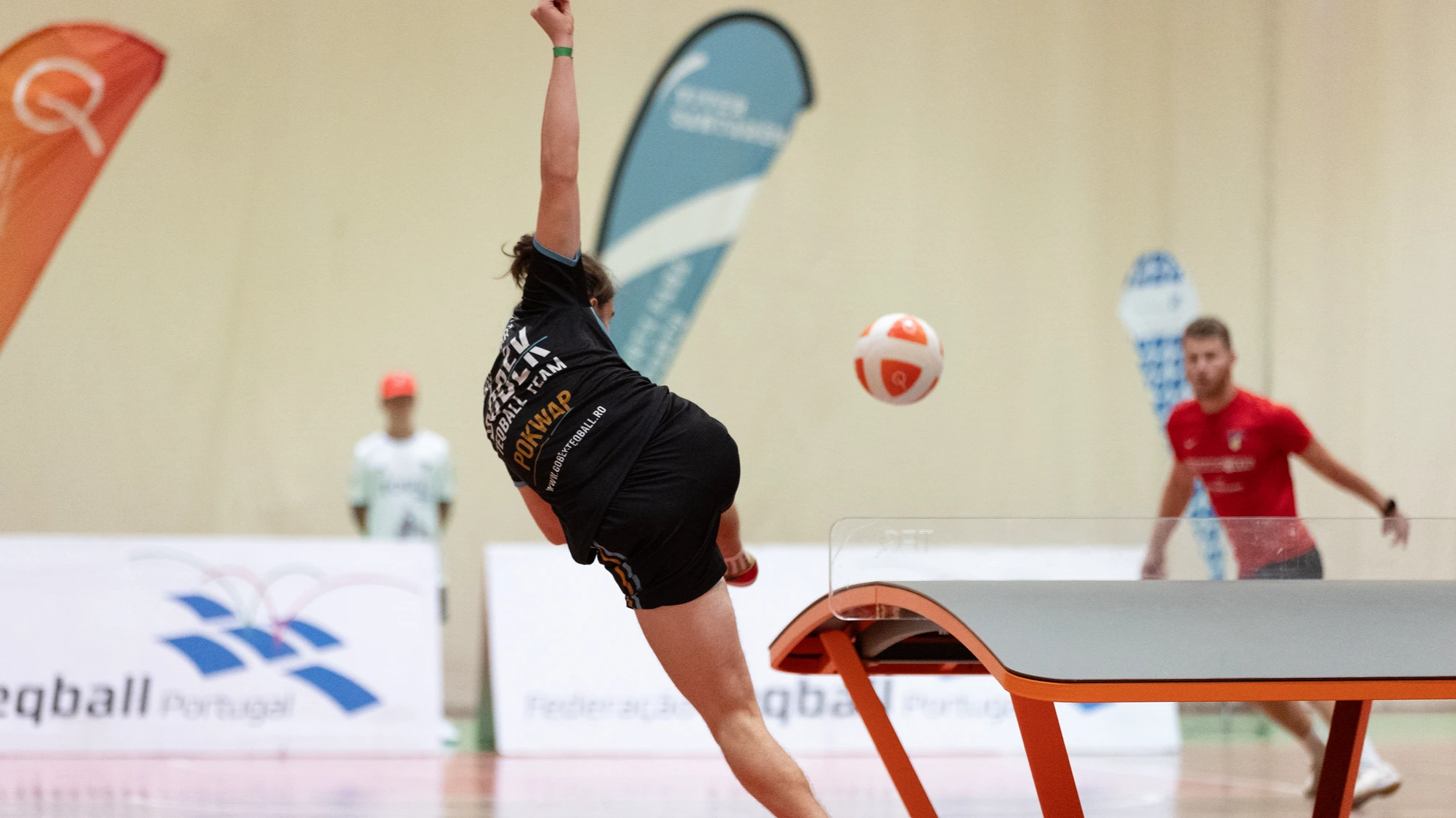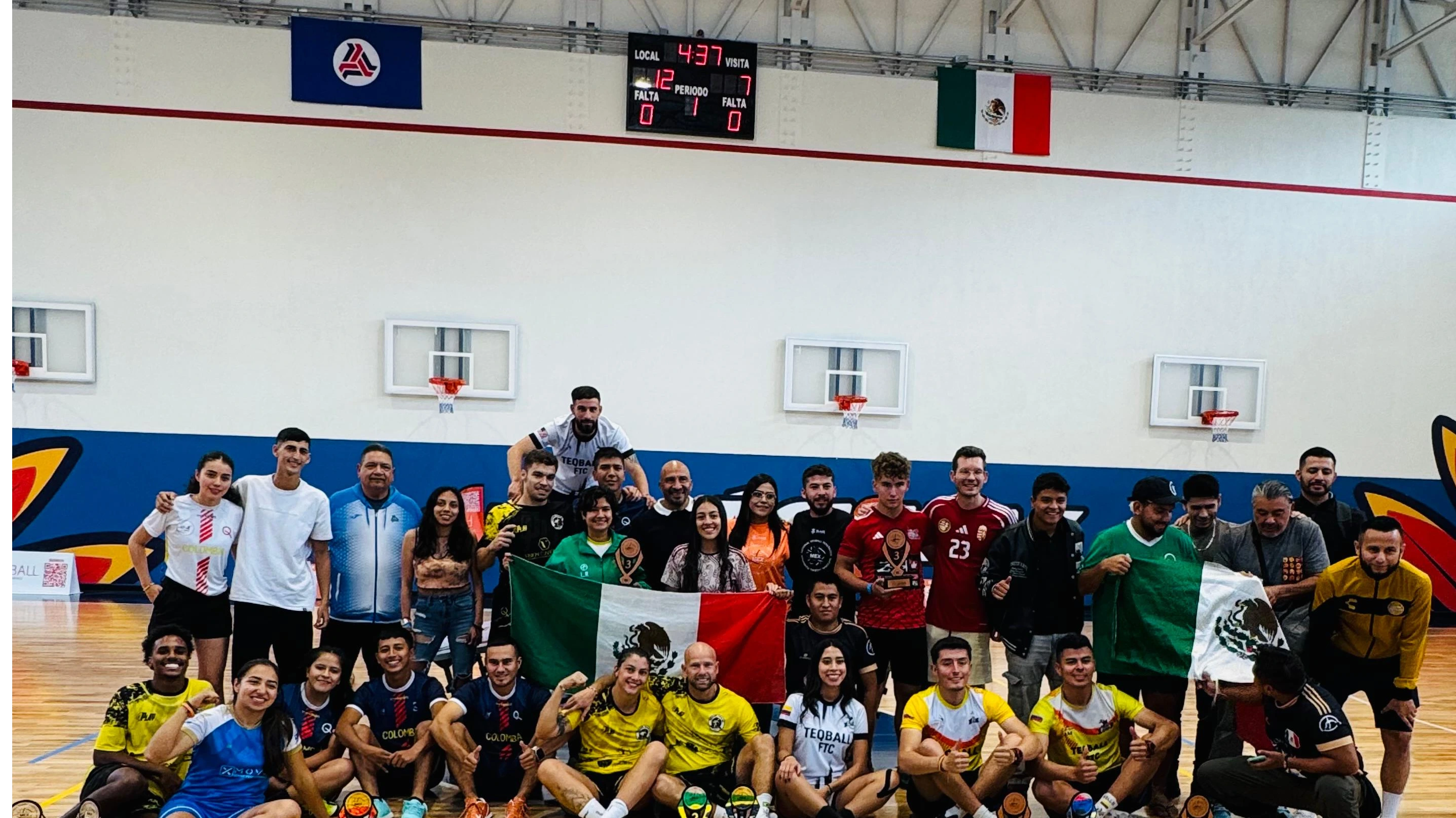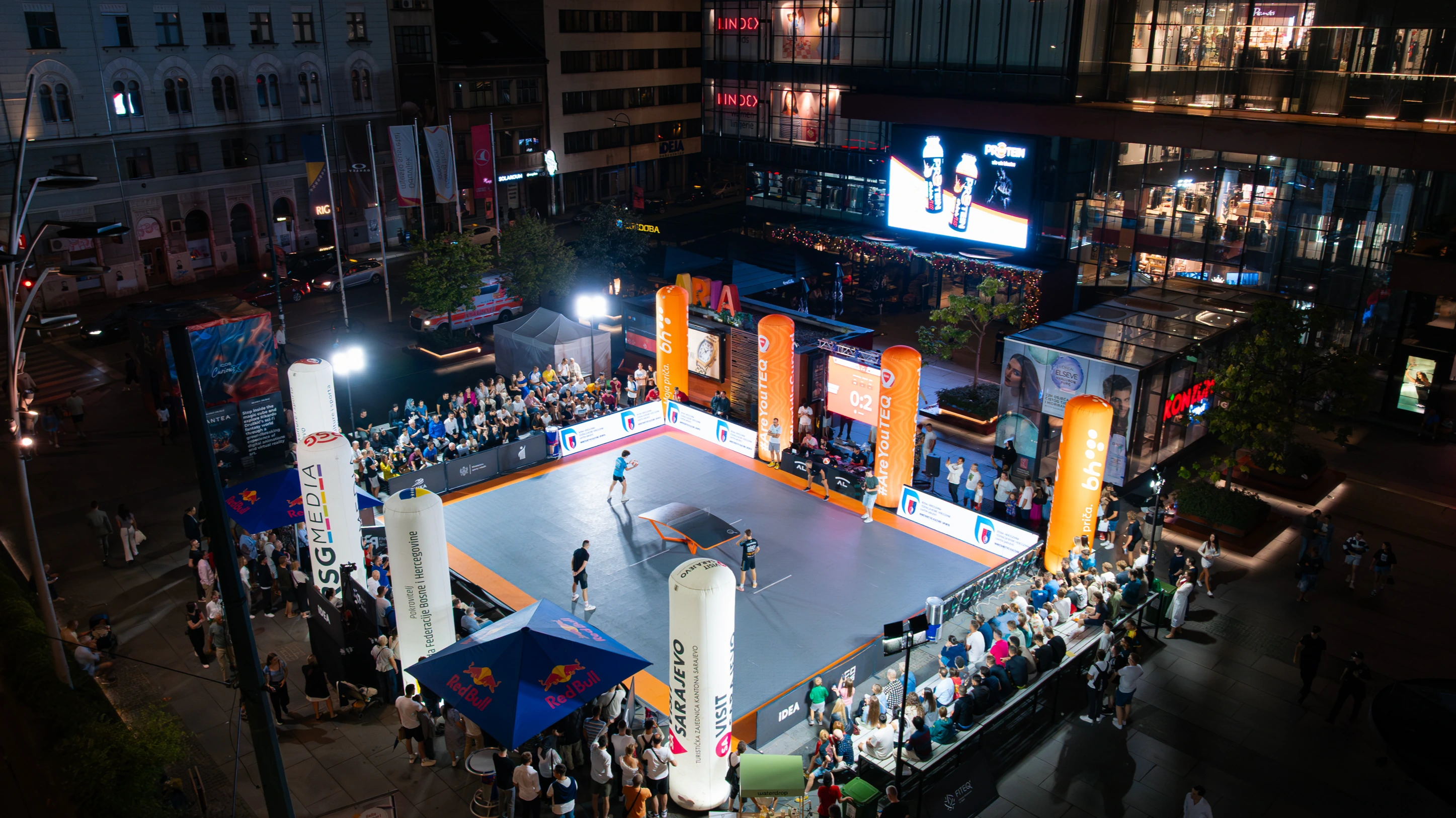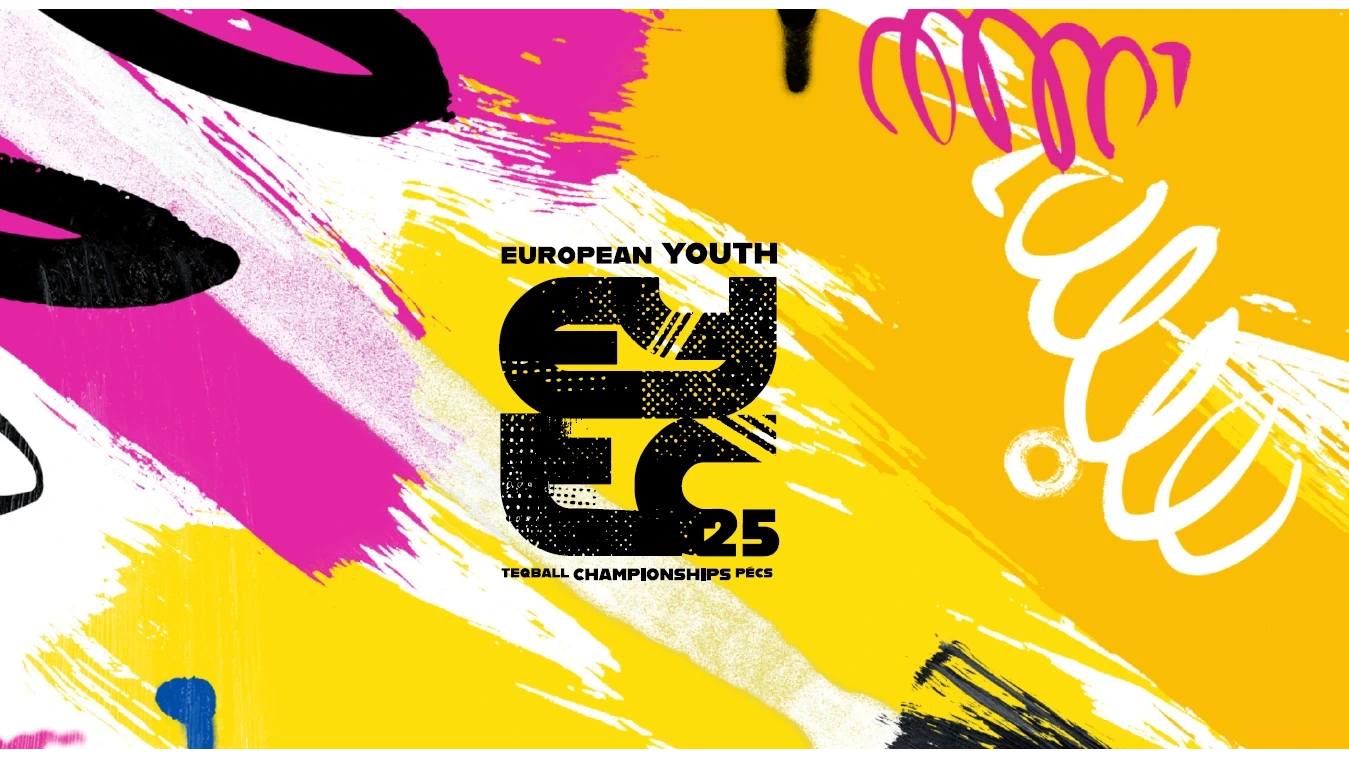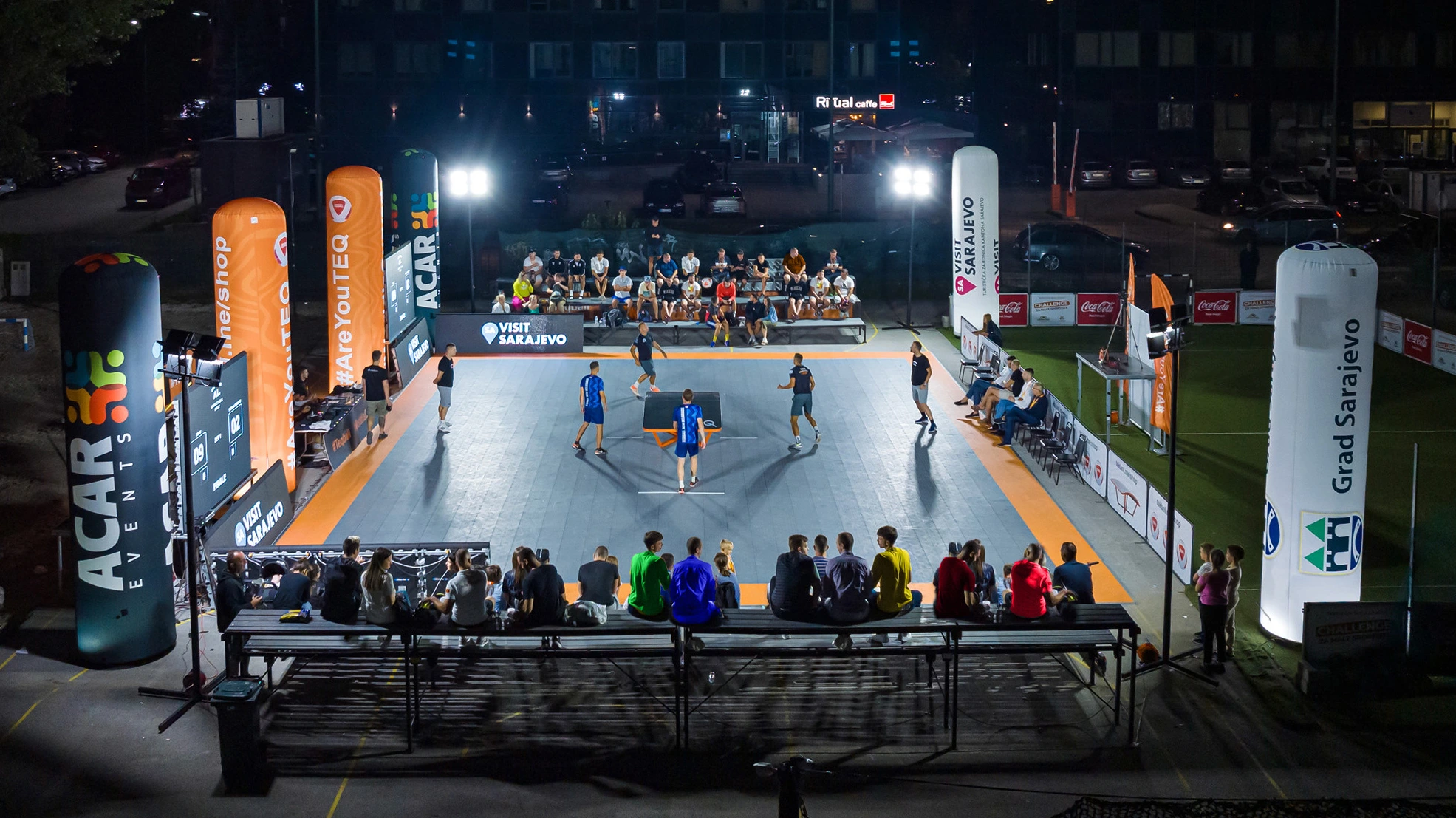
EG2023 - Romanian dominance in singles, Hungarian in doubles
Teqball reached a huge milestone by being part of the European Games, for the first time ever. It also meant the first European Championships of the sport, followed by more than 65.000 spectators in the venue throughout the five-day competition.
The tournament occurred at the breathtaking Main Square of Kraków, which was likely the most beautiful European Games 2023 Kraków-Malopolska venue.
The women’s singles competition kicked off the European Championship and almost immediately brought one of the biggest upsets in recent memory when 18-year-old Danish Nanna Lind Kristensen shockingly eliminated two-time world champion Zsanett Janicsek in the quarterfinals. The youngster ended up playing in the bronze medal game (after losing in the semifinal against Romanian Kinga Barabasi), where she met again with Italian Mara D’Alessandro, who won against Kristensen during the group phase. The Danish did her revenge though and became the first ever Teqball European Championships medallist. Then it turned out that for one day she can call herself the only European Championships medallist in Teqball history because the rain washed away the final between Barabasi and the French Amelie Julian, which was played on Thursday, before the men’s final.
Barabasi gave no chance to Julian to be crowned as the sport’s first European champion, and in only a handful of minutes, her countryman joined her on the throne.
Apor Gyorgydeak, the reigning world champion of the category from Romania dominated throughout the whole men’s singles competition, losing only one set (in the semifinal versus Hugo Rabeux from France) and becoming Teqball’s first world and European champion at the same time. Polish Adrian Duszak went 8-0 on his way to the final, but could not handle the Romanian superstar. Rabeux faced off against the Hungarian Csaba Banyik for the bronze medal and won it in two sets.
On Friday the mixed doubles ended the Hungarians’ disappointment, as the duo of Lea Vasas and Balazs Katz cruised through the competition without a lost set. The case was similar for Serbians, Maja Umicevic and Nikola Mitro until the final. However, they were unable to make it close against Vasas and Katz. Poland collected their second medal as the team of Alicja Bartnicka and Marek Pokwap outdueled Czechs Gabriela Zachova and Lukas Flaks in the bronze medal game.
The women’s doubles extended Hungary’s winning streak as Lea Vasas and Zsanett Janicsek claimed the second gold for the country. The world champions held off the comeback attempt from the Romanian unit of Kinga Barabasi and Katalin Dako in the final, and their title meant that Vasas became the sport’s first ever two-time world and European champion. “We played a terrific match against Barabasi and Dako. It was highly exciting and we are proud of ourselves for winning it. And it makes me even happier that right now I’m the only two-time world and European Champion!” - said Vasas after the final. The bronze medal went to Poland again, as Bartnicka and Ewa Kaminska fought off Amelie Julian and Elisa Lanche.
As the last category, men’s doubles finished the tournament in Krakow. Csaba Banyik/Balazs Katz triumphed and got Hungary’s third gold medal after beating the Serbian opponents, Nikola Mitro/Bogdan Marojevic in three sets, while the bronze medal stayed home as Duszak/Pokwap triumphed against Romania’s duo, the men’s singles world and European champion Apor Gyorgydeak and his partner, Szabolcs Ilyes. "It was the toughest Teqball tournament in my life ever. In the beginning, we were not prepared mentally. After the semifinal, everything got together and although the final was very-very close, we stayed calm and managed to get one of the sweetest victories." - expressed his feelings Katz.
Medal table
|
|
Gold |
Silver |
Bronze |
Total |
|
1. Hungary |
3 |
0 |
0 |
3 |
|
2. Romania |
2 |
1 |
0 |
3 |
|
3. Serbia |
0 |
2 |
0 |
2 |
|
4. Poland |
0 |
1 |
3 |
4 |
|
5. France |
0 |
1 |
1 |
2 |
|
6. Denmark |
0 |
0 |
1 |
1 |
